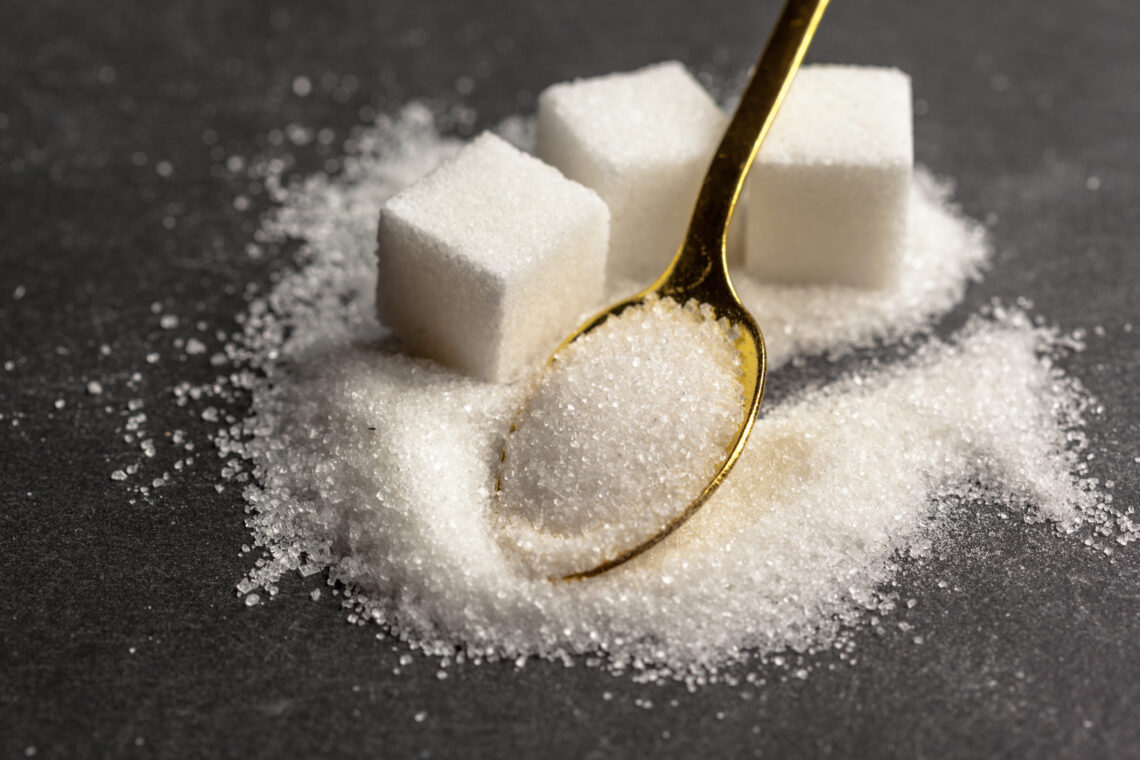Are you considering sugar substitutes as a safer alternative to sugar? Think again. Recent research has found that a common artificial sweetener used in diet sodas and other zero-sugar food items may actually increase your risk of heart attacks and strokes.
In a recent study published in the journal Cell Metabolism, researchers evaluated mice fed aspartame, a common sugar substitute, for 12 weeks and compared them with mice without a sweetener-infused diet. The amount of aspartame the mice consumed (daily doses of food containing 0.15%) was equivalent to about three cans of diet soda per day for humans.
The results revealed that mice fed with aspartame had increased inflammation and “larger and more fatty plaques” in their arteries, two main factors that could raise the risk of cardiovascular diseases.
The researchers also noted that the mice’s blood had an insulin surge after aspartame entered their system. They then determined that elevated insulin levels may be the key link between aspartame and cardiovascular health.
“Aspartame triggers increased insulin levels in animals, which in turn contributes to atherosclerosis—buildup of fatty plaque in the arteries, which can lead to higher levels of inflammation and an increased risk of heart attacks and stroke over time,” the researchers noted in a news release.
The study identified a specific immune signal, CX3CL1 that gets activated under insulin stimulation as the key factor for inflammation and plaque buildup.
“Because blood flow through the artery is strong and robust, most chemicals would be quickly washed away as the heart pumps. Surprisingly, not CX3CL1. It stays glued to the surface of the inner lining of blood vessels. There, it acts like a bait, catching immune cells as they pass by,” said senior author Yihai Cao.
Cao believes that the same immune signal, CX3CL1, could be a potential target for treating other chronic conditions that involve blood vessel inflammation, like stroke, arthritis, and…
Read the full article here


